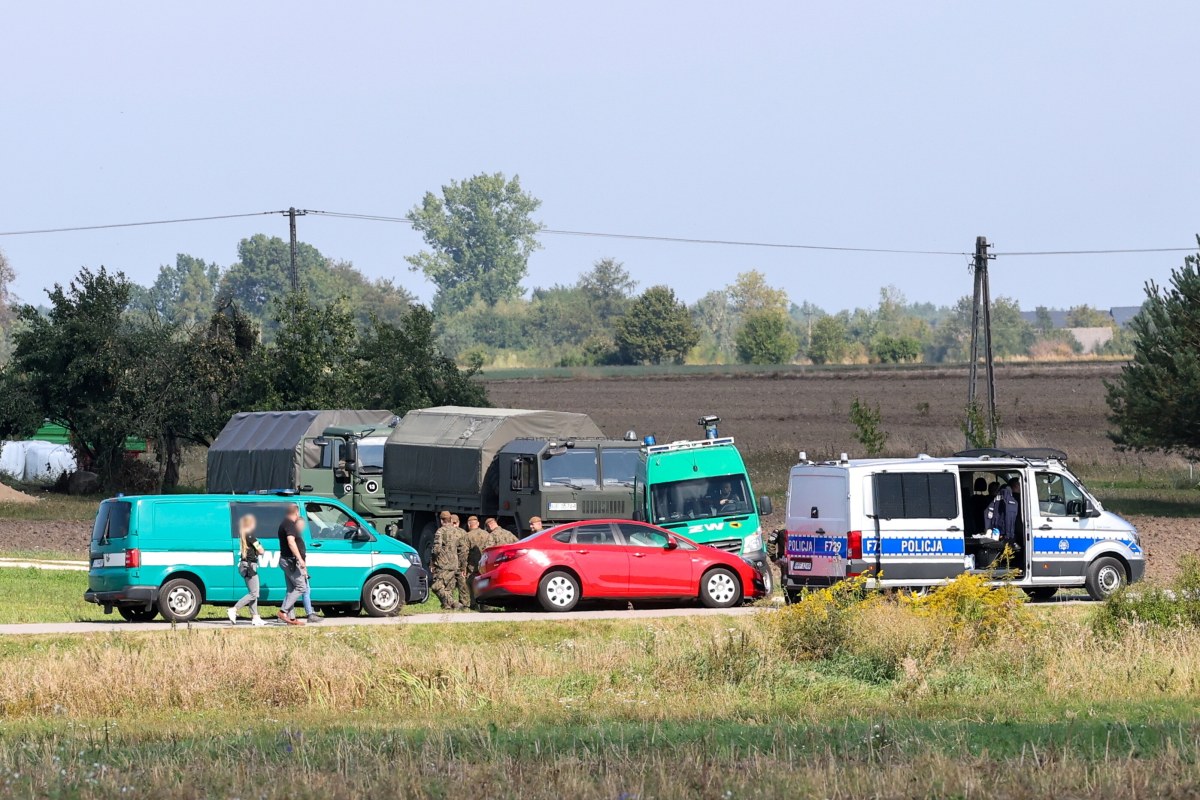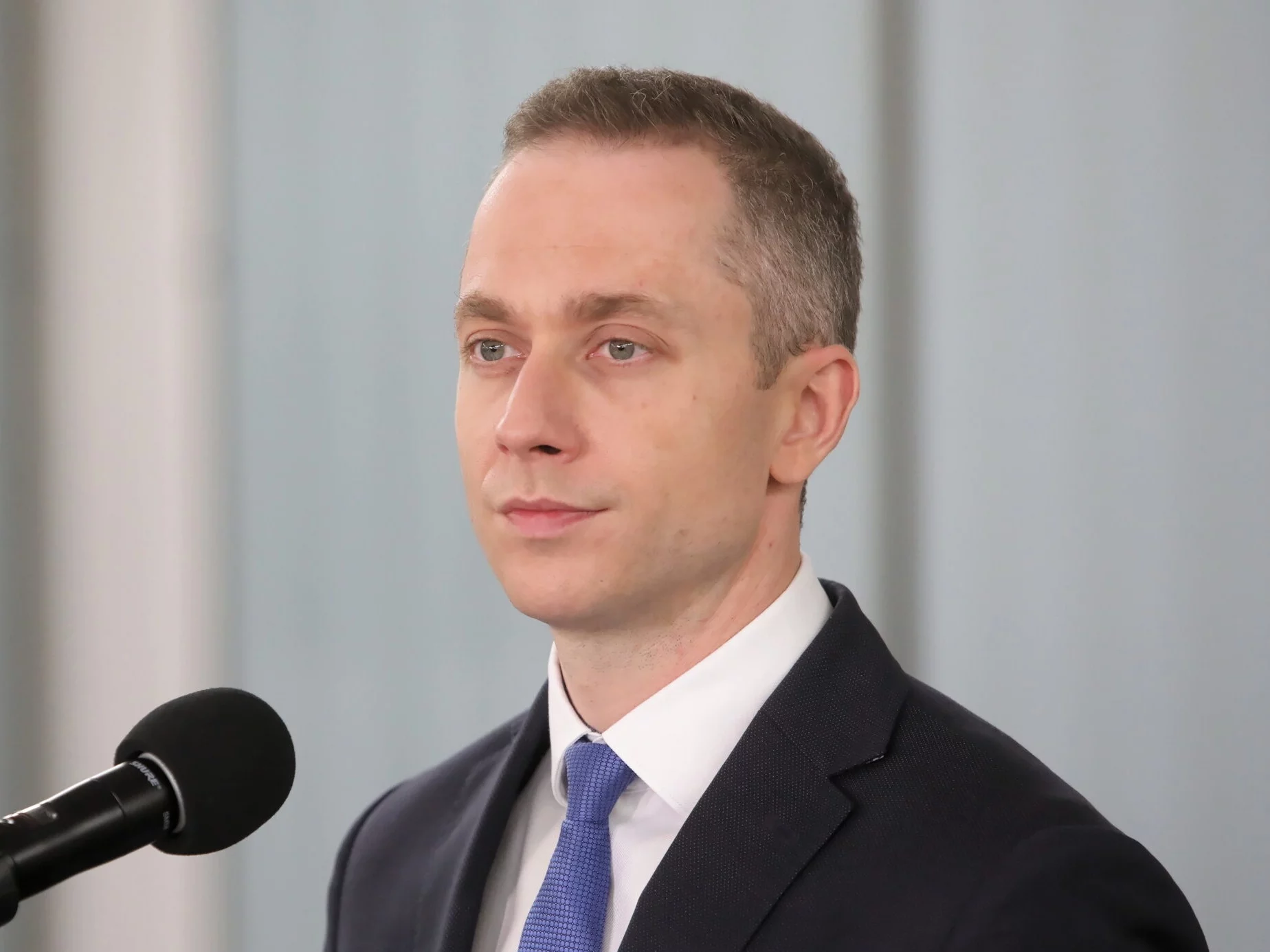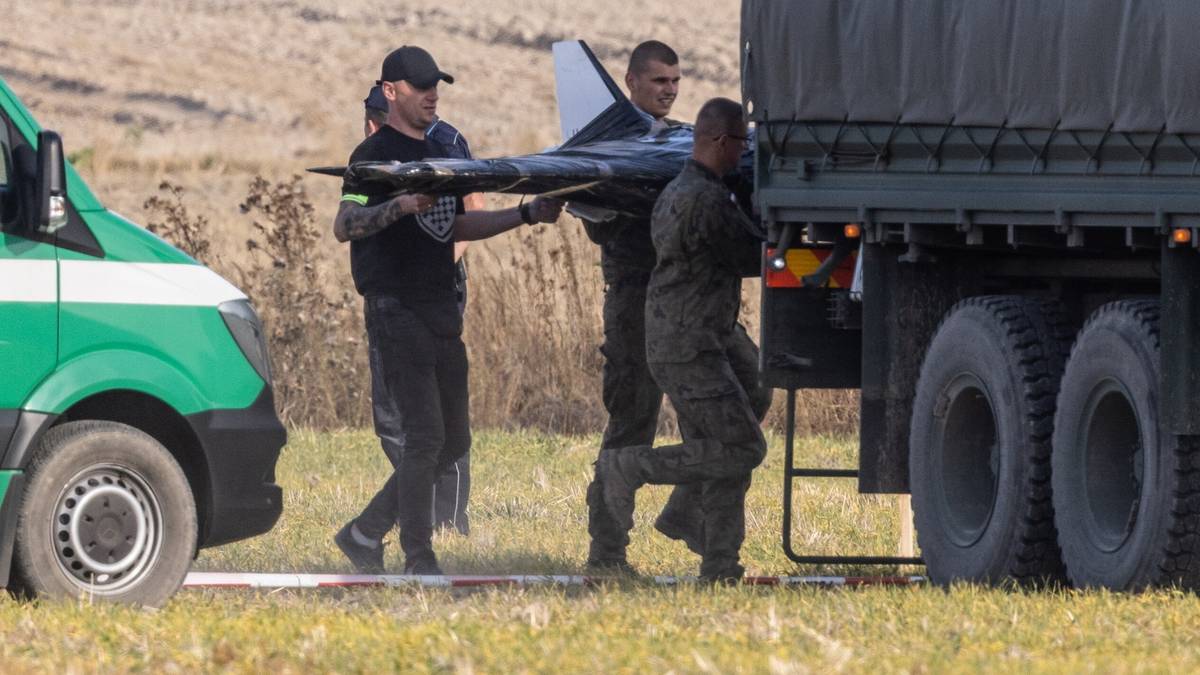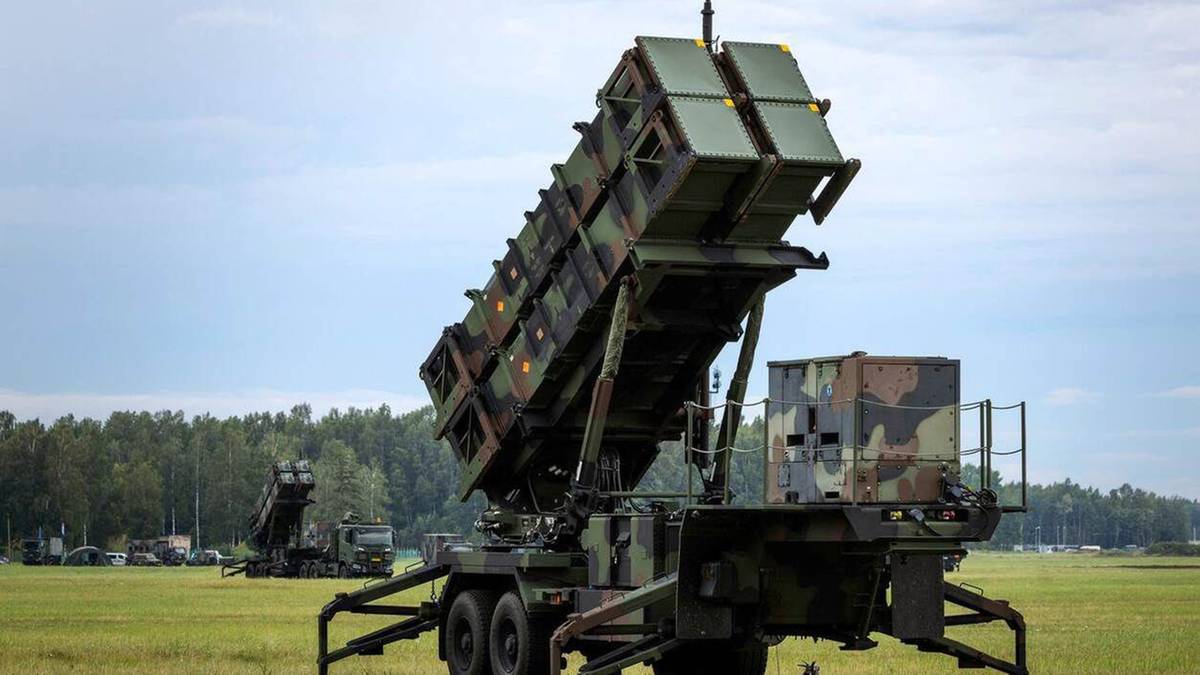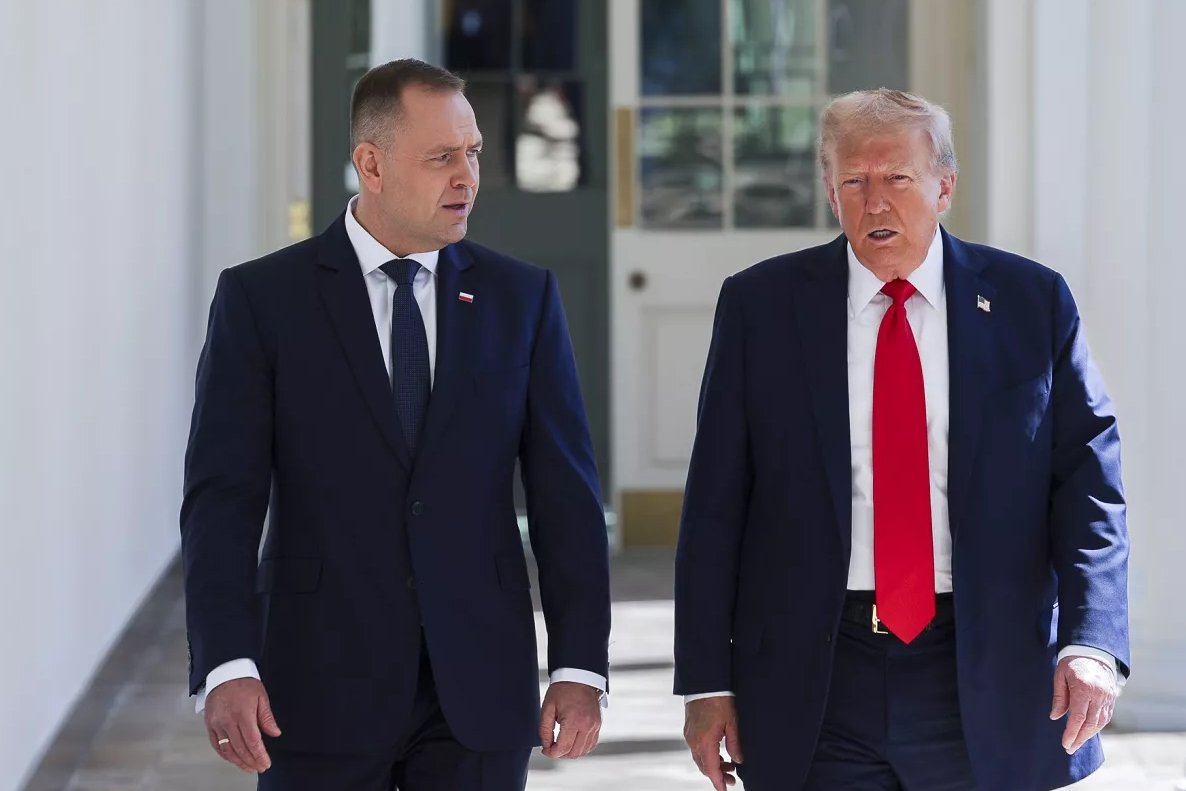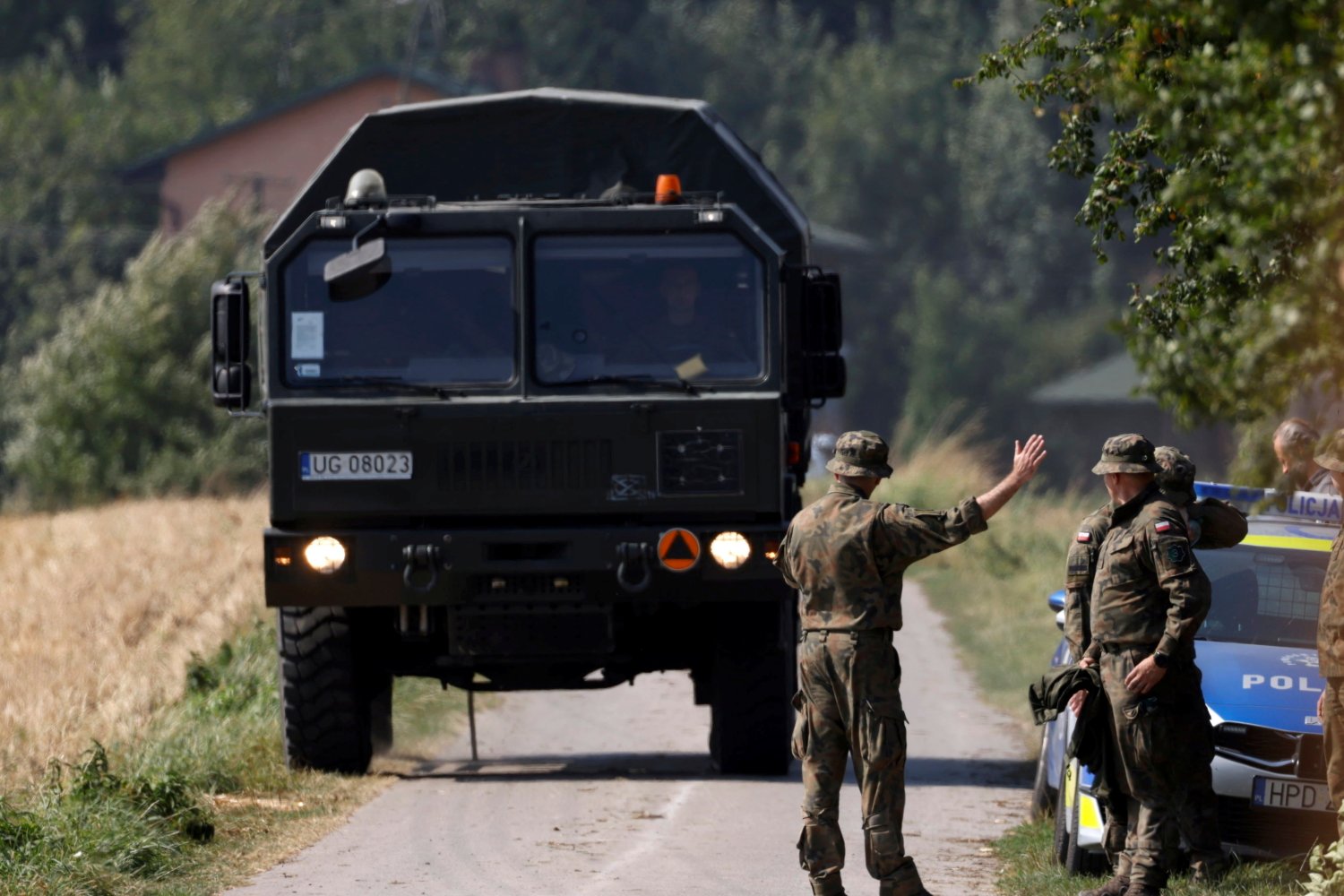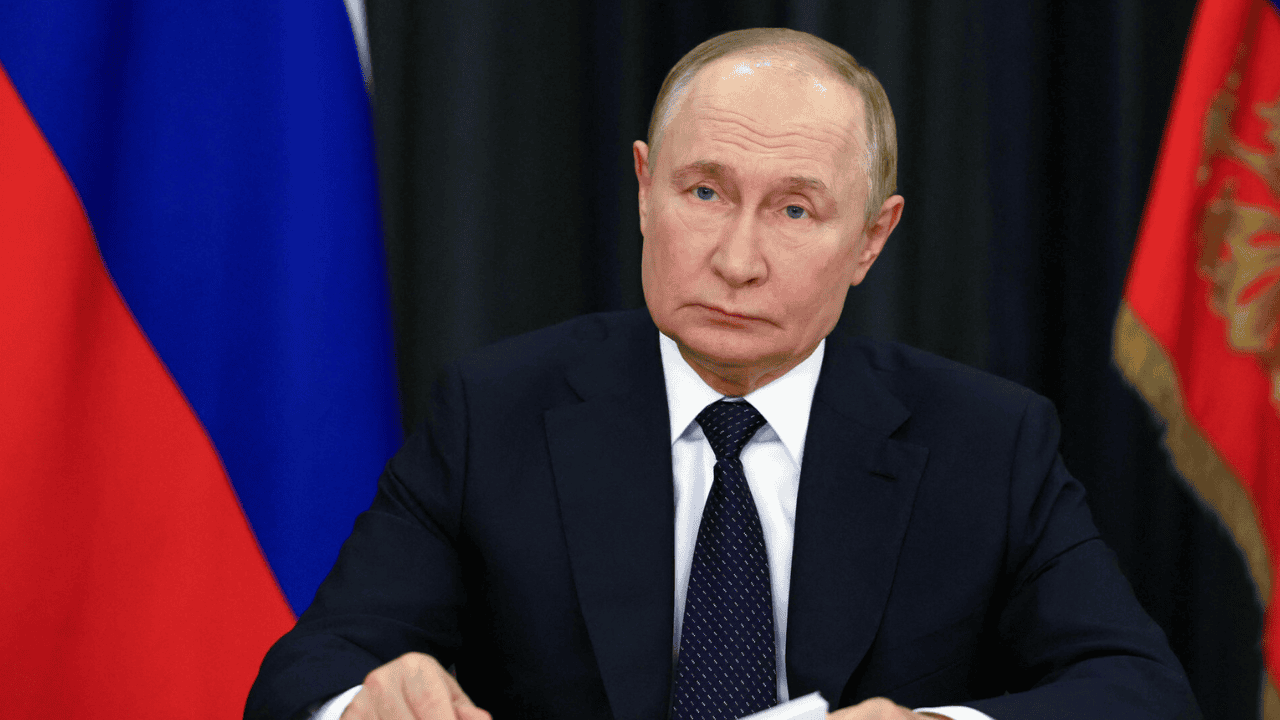Democracy is dying. Not liberal democracy, but democracy at all. The instrument of her death can be artificial intelligence; not necessarily to lead a left-wing dictatorship. Digital dictatorship can besides be conservative.
The death of democracy according to Engels
In 2013, a Belgian German-speaking historian, Hesperialist David Engels published the book “On the Way to the Empire. The crisis of the European Union and the collapse of the Roman republic. Historical parallels’. In this repeated work, published in Europe in many countries, including Poland, Engels is trying to prove the inevitability of the end of democracy in the European Union. He does not mean liberal democracy, that is, democracy that does not recognise God and derives the highest values yet only from human will; he means democracy at all. According to the historian, things are going to replace the democratic strategy with any kind of oligarchy. Engels believes it will be a conservative oligarchy – internally not peculiarly convinced of the truthfulness of Christianity, but utilizing Christian elements both in propaganda and in concrete political solutions. The historian believes that there is no better way for the European Union. The return to the cooperation of sovereign national states would in his opinion be besides inefficient and would make Europe highly susceptible to the various interventions of large external actors specified as China, the United States and Russia. According to Engels, the future of the European Union is simply a centralist conservative oligarchy.
Whether Engels is right in detail, it's hard to say. However, it seems that on a general level – he sees things right. The historian compares the state of Europe with the late Roman republic. It points to the parallelity of many crises: economic, demographic, immigration, religious. The strength of these crises was so large in the late republic that the state actually ceased to function. It no longer effectively performed its basic functions. This made a political breakthrough simply necessary: not in the sense of the state's reason or duty, which they had to accept for moral reasons the statesmen. The necessity was structural: the layering of problems led to specified an interior ferment, including civilian war, that the very existence of the public demanded that any effective power be established. This does not mean that the change took place simply and easily: Caesar was murdered. another than Engels, the historians of Rome showed (see the essay “Who was the emperor of Rome?” by P. Veyne in the collection “The Greek-Roman Empire”) that 1 of the immanent features of the Roman principate was the fear of Caesar for his own life—the power of 1 was constantly accompanied by the threat of the rebellion of the senate. Due to real – I emphasize this word – the inability of the state to function in a strategy another than the sole ruler, but the rebellion remained long only a threat. After the execution of Caesar, the priest was yet accepted.
Are the countries of the European Union and the Union itself able to proceed to operate in the current model? The demographic disaster is far beyond the 1 that affected the Roman Empire. The collapse of European manufacture is apparent to all. Immigration generates gigantic problems and social costs. religion has been abandoned, and its place is occupied by any ideas. The crisis is multifaceted and European countries are increasingly fulfilling their basic functions. This may propose that a political breakthrough is inevitable, as in the case of the late Roman republic; this is the way taken by Engels, considering that we are dealing with long-term real the impossibility of keeping countries in the current model.
However, there is simply a serious difference that Engels does not pay attention to: how to make a systemic change. The Romans functioned in social conditions where force was far more widespread. A change in the strategy necessarily involves violence. It does not seem that in modern Europe – in any of the countries – there are environments ready for usage and able to number on the success of any attempt. There are, yes, many extremist groups on the right and left; however, they are a margin and are well penetrated by the service. The masses of immigrants are many and undoubtedly violent; but they do not seem to be able to overpower the safety apparatus of the states. Of course, it is impossible to foretell everything here; writers like Jean Raspail or Michel Houellebecq have outlined literary visions of a change in the strategy utilizing immigrants. An oligarchic dictatorship from Engels' imagination could not, of course, be born on the street, but it seems that it should have street facilities; how else would it stabilize the rule? The force could be an external origin in Europe: the United States, Russia or China. European chaos may indeed end with the intervention of 1 of these powers. However, it does not seem that any of these problems will be overcome by the structural problems of Europe, due to the fact that they all face very serious own difficulties, from which demography is the foremost. So who would ask democracy a coup de grâce? After all, non-existent troops in European countries, and besides controlled by the Pentagon. There would be no execution of democracy: democracy would simply die, and another strategy would build more vital cultural groups on it than white Europeans, specified as Sharia. Engels would so be right in the negative part of his analysis, but no longer in a affirmative one; for Sharic regulation over Europe is not his hesperialist conservative oligarchy.
AI factor
A fewer weeks ago, I spoke to prof. Andrzej Zybertowicz about artificial intelligence. The starting point of this conversation was the book by prof. "AI. Exploration", which he wrote with his wife, Katarzyna Zybertowicz. In his work, the student devoted any space to possible political changes; in a conversation I asked him to make this theme.
Zybertowicz said that as a consequence of the improvement of digital technologies based on fresh models of artificial intelligence, human infosphere was rapidly poisoned. Man has lost his ability to separate not only fact from falsehood but besides what is crucial from what is important. This devastated political communication has caused a crucial disruption in the process of recruiting political elites. The politicians of the thing die in the news, and those who succumb to media temptations break through. All of this leads to multi-level communication degeneration and, as a result, makes modern democratic policy immanently incapable of tackling challenges.
Zybertowicz believes that artificial intelligence is in itself a powerful threat, and its continued uncontrolled improvement can lead to a disaster, possibly eliminating even the continued ability of human society in general. In the case of the western democratic world, the sociologist sees the inevitability of systemic change, only that – unlike Engels – in the AI relationship. Unlike Belgian historian Zybertovich, he is considering the methodology of the systemic revolution. The option of democratic order of reality, Zybertovich believes, is highly unlikely. In his opinion, the semi-democratic option is more realistic, i.e. the global agreement of the people of power – overt and outright power – leading to a real simplification in artificial intelligence, at the price of giving up democracy (which 1 would anticipate would not should be public). According to Zybertowicz, however, this is not the most predictable script at all; it believes that due to applicable difficulties in its implementation, it is more likely to be a major shock. A disaster that, if it is not final for humanity, will lead to an AI being put under control in a strategy that will no longer be democratic.
Zybertowicz's reflection seems to be an interesting and even a key addition to the hypothetical European future (or, more broadly, western) of democracy in the light of Engels. AI can become a missing origin – rapidly changing the ratio of forces in Western societies. In the late republic it was easy to scope for force and with its aid at the time of crisis change the system. Today, force can be digital if it only treats force as a tool or modus of intense and fast change in reality. The question arises: can the latest models of artificial intelligence not be utilized by environments affecting the work of governments to usage idiotic politicians and stupid masses to bring about a structural and lasting transfer of the actual centre of power from a democratic people to themselves? Communication between people present is made mostly through the digital world. It may not be essential for the fresh power to have a "street" backdrop. A appropriate rescale of human communication, so that regardless of the election consequence actual power remains in the hands of the people controlling this communication, it does not seem to be just discipline fiction. Given that the current socio-political and economical strategy has a real inability to proceed to function, the existence of a fresh powerful force tool – digital violence, AI forces – can make conditions that will enable this kind of systemic change to take place.
The regulation of digital oligarchy would not gotta have any liberal character of Bill Gates, as we frequently fear. Engels may be right – in the end even cold calculation shows that liberalism is destructive, and conservatism is much better served by unchangeable social development. Among another things, American multibillionaire Elon Musk sees this; another people besides see it, who in different countries operate at a very advanced level behind democratic scenes.
So are we at the threshold of a possible conservative dictatorship that will usage “just” artificial intelligence alternatively of a sapphire or a rifle? This question, necessarily, remains open – at least as long as democracy continues.
Or as long as we think it's going on.
Paweł Chmielewski

